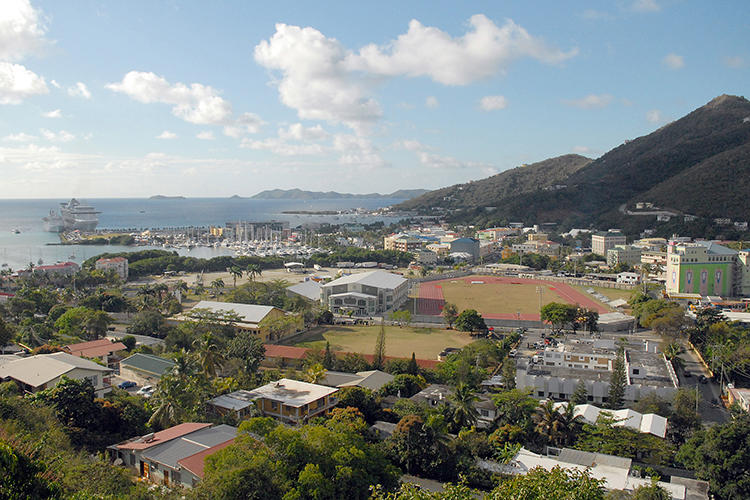Miami, December 23, 2019 — British Virgin Islands Governor Augustus Jaspert should reject cybercrime legislation recently approved by the territory’s legislature, or require revisions to the bill to protect press freedom, the Committee to Protect Journalists said today.
On October 18, the islands’ House of Assembly approved the Computer Misuse and Cybercrime (Amendment) Act 2019, according to local media reports.
CPJ reviewed a copy of the bill sent by Freeman Rogers, editor of the local weekly The BVI Beacon. Section 14B of the bill criminalizes “electronic defamation,” defined as using a computer to defame someone, with penalties of up to three years in prison and fines up to $100,000. Section 14A criminalizes using a computer to send “grossly offensive” or “menacing” messages “for the purpose of causing annoyance or inconvenience,” and imposes fines of up to $500,000 and jail terms of up to 14 years.
According to the British Virgin Islands’ Constitution, the governor has the ability to sign the bill into law or send it back to the House of Assembly for revision. There is no mandated schedule for him to sign or reject the bill, according to the Constitution. The British Virgin Islands are a British overseas territory, and the governor is appointed by the British monarch, according to the government website.
“The British Virgin Islands’ legislators have passed a bill criminalizing free speech, and journalists will likely be among its first victims if it is signed into law,” said CPJ Central and South America Program Coordinator Natalie Southwick in New York. “Governor Augustus Jaspert should reject the bill and send it back to the House of Assembly so members can ensure that it protects free expression. Criminal defamation has no place in a democracy.”
Rogers told CPJ in a phone interview, “if the bill is passed into law, we believe the media would almost certainly be stifled by the threat or actuality of prosecution for doing nothing more than its job.”
He added that section 14A of the bill is an almost-verbatim copy of Section 6 of Grenada’s 2013 Electronic Crimes Bill. That section was removed from the Grenada bill in 2014, following public criticism for its potential harmful effects on press freedom, according to a report by the International Press Institute.
Maria Mays, head of policy for the British Virgin Islands’ governor’s office, told CPJ via email that the governor “is aware that there have been some concerns raised about [the bill] and he has written to the Premier about those concerns.”
She added that the bill is with the Premier Andrew Fahie “to consider how he wishes to move forward.”
CPJ emailed Fahie for comment but did not immediately receive a response.
